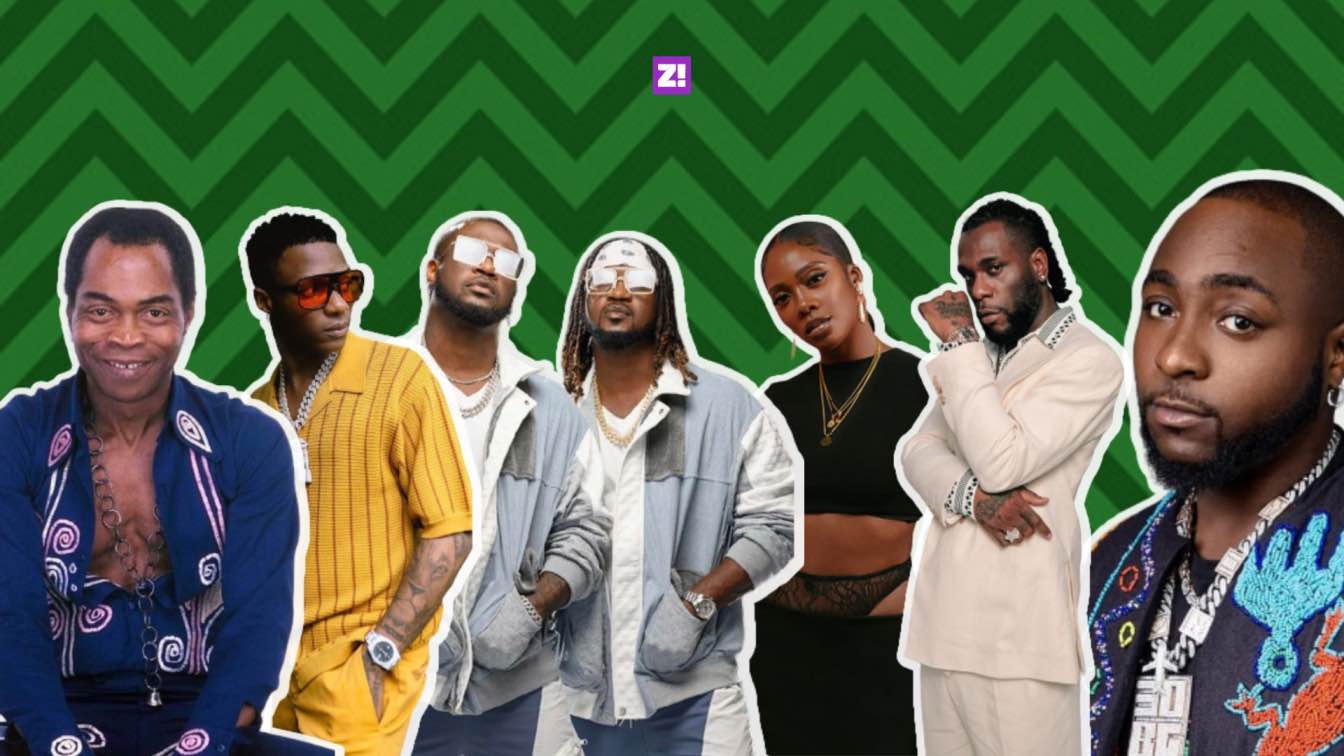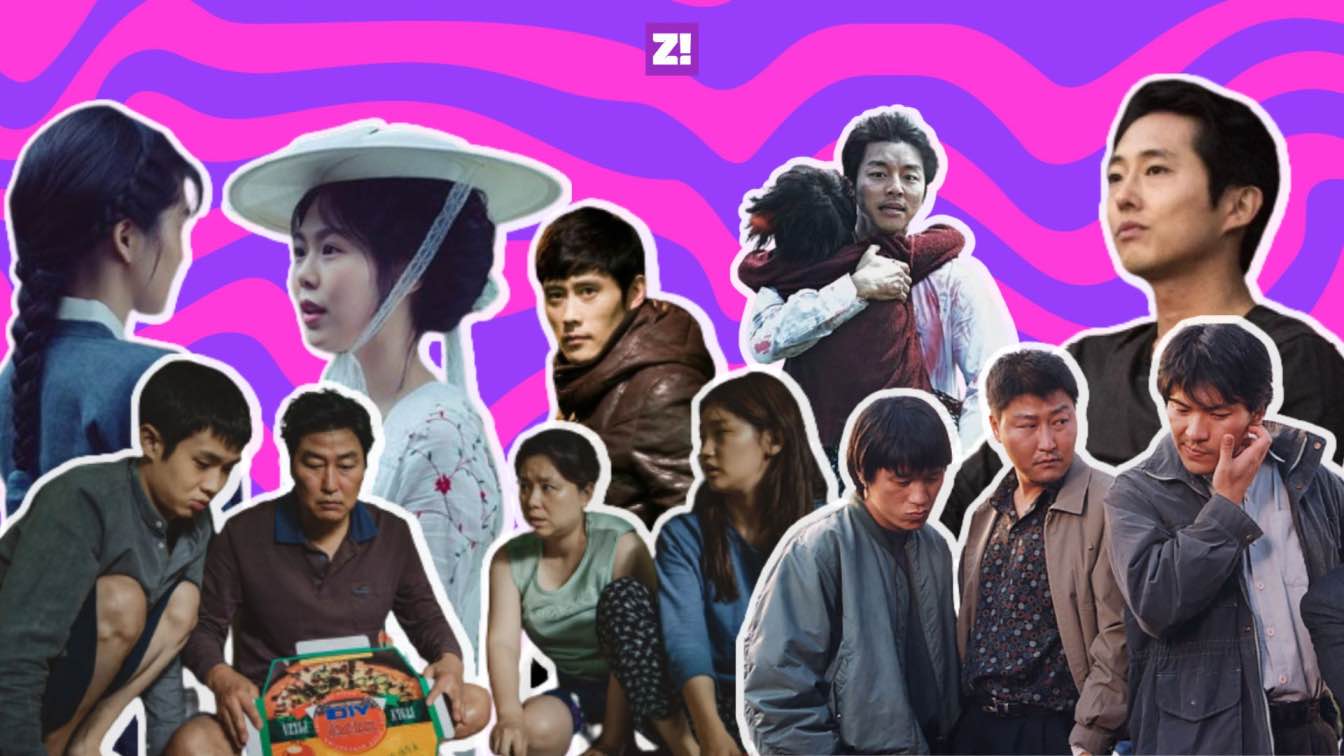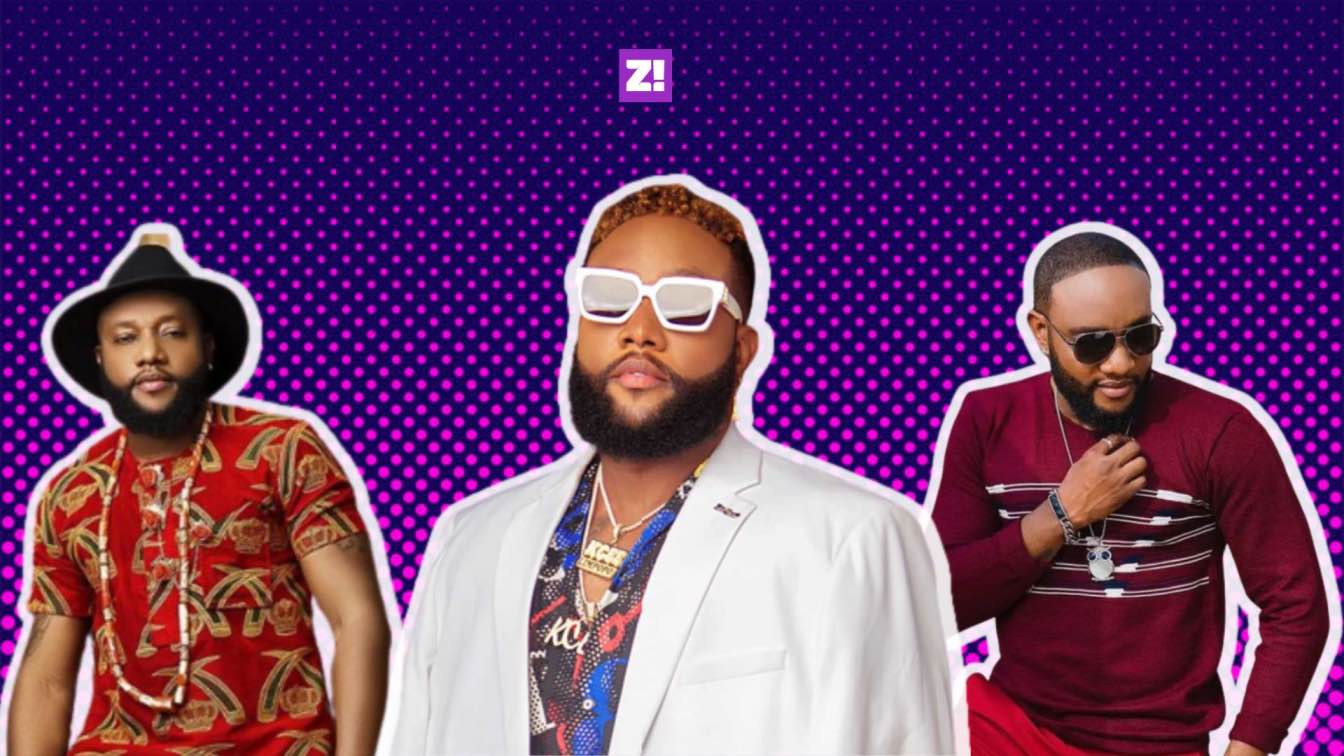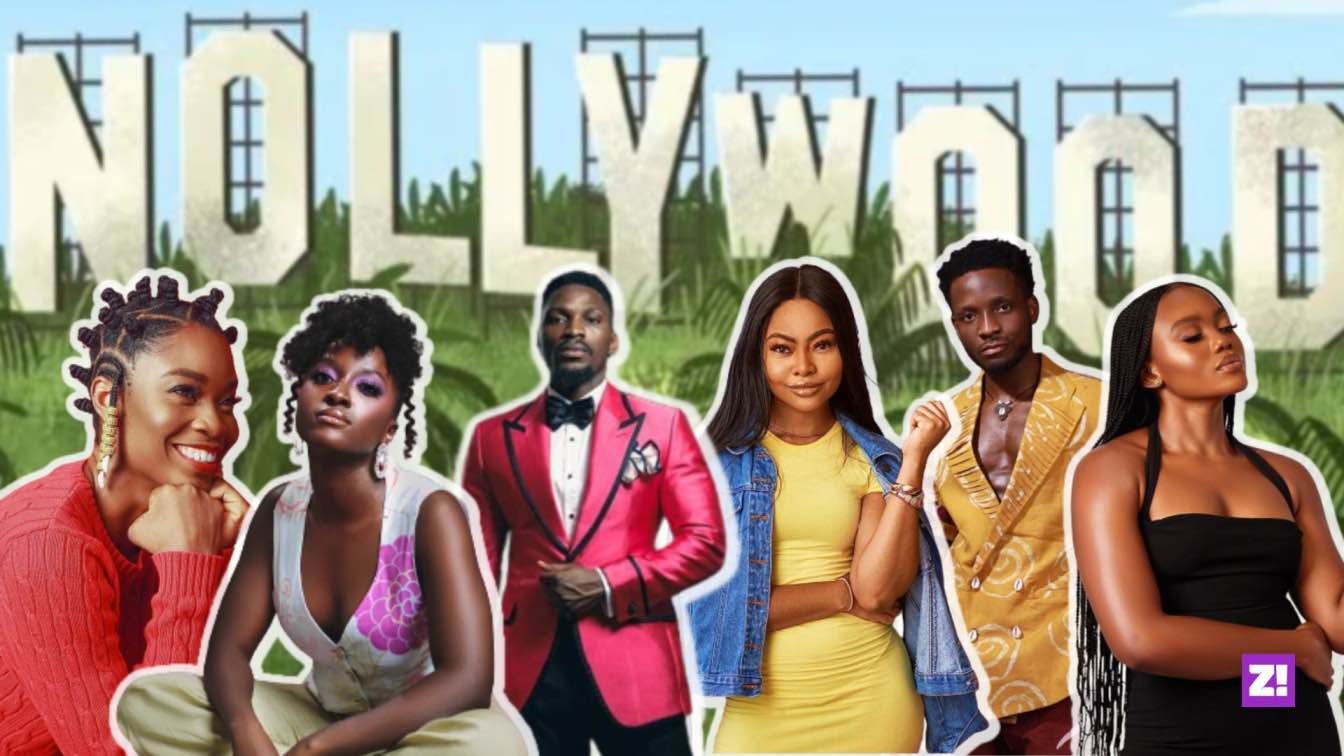Wale Adenuga’s Super Story wasn’t just a TV show; watching it was a weekly ritual that defined most of my childhood and early teenage years in the 2000s.
Thursday was the only day of the week when my cousins and I were allowed to eat in front of the TV and stay up past nine talking about the episode we’d just watched. These conversations about a prince who killed his father and married his mother (The Gods Are Not to Blame) or the corrupt policeman trying to steal someone’s wife (One Bad Apple) didn’t just end at bedtime. They continued the next day at school because, like me, everyone and their families were watching Super Story.
Super Story wasn’t the only show that brought us together; over the years, I have vivid memories of watching shows like Papa Ajasco, US, Everyday People, Fuji House of Commotion and Izozo. Nigerians had TV on lock, from comedies surrounding polygamy to dramas that reminded us that karma will eventually catch up to everyone. Fast forward to 2022, and I can’t remember the last time I faithfully consumed a Nigerian TV show or sat in front of the TV with my family.
The last show that had a chokehold on Nigerians was Tinsel. Even though the show had new episodes every day, most of us managed to keep up with Telema Duke and co. But with one cast exit after another, especially after Damilola Adegbite’s left in 2012, we all started losing interest.
When did we, as a people, ditch Boy Alinco and Chief Fuji for John Snow and Eleven? Well, I’ve thought about it and come up with several reasons.
RECOMMENDED: Wale Adenuga Would Be Proud of This Super Story Ranking
The “Hollywoodification” of Nigerian TV
One of the things that made old Nigerian TV shows work was how relatable the stories were. Yes, some were mystical and weird AF, but for the most part, these characters were people we could know.
These days, Nigerian TV shows are focused on recreating one Hollywood show or the other. Almost all female-led shows use the Sex and the City character bible: The fashionable but lowkey narcissistic lead, the hardworking “not interested in marriage” businesswoman, the sexually liberated siren, the married or looking to be married homemaker who can pound yam and weave aso oke and the fun quirky character who everyone underestimates. Am I missing anyone?
There’s also the upcoming Netflix teen show, Far From Home, which borrows a leaf from Blood and Water, a show that’s also loosely based on another Netflix show, Elite. Why would we be interested in a plot we’ve seen over and over again?
What happened to iconic theme songs?
“This is super story. A life of strife and sorrows,” come on, everyone knew that song from Super Story
Streaming has given us too many options
Before streaming entered the game, the most any family had was a satellite dish that provided extra channels outside of NTA, AIT and other local stations. Remember those big ass dishes that looked like the sieve used to drain pap? Good times.
Having a satellite dish was still limiting even though it gave us options. We still had to be in front of the TV at a specific time, or we’d miss our favourite shows.
However, with the entry of streaming networks like Netflix and Amazon Prime, as well as the internet making it easy to download other TV shows, we now have almost infinite options and control. We can choose what we want to watch when we want to watch it. This is great, but too many options can also make it hard to focus and fully commit to one show.
This now has me thinking, were we really into those classic Nigerian shows or did we fully immerse ourselves in them because we had no choice?
We know these characters aren’t real anymore, and I blame social media
Remember how we all thought Suwara from the Oh Father Oh Daughter season of Super Story was actually real? Well, not real real, but as real as we could imagine. Even Sola Sobowale couldn’t shake off the Toyin Tomato nickname until she stepped into another iconic role in King of Boys.
Back when Nigerian TV was good, we didn’t have unlimited access to the actors behind the characters we saw, so there was a deeper connection to their roles and story arcs. We saw these characters once a week on TV, and that was it. These days, we see them every day, sometimes against our will, because the Instagram algorithm has refused to have small sense. From Twitter to Snapchat, these actors are everywhere, living their lives off-set, and we honestly know too much about them.
There’s also the case of actors playing multiple characters (sometimes, it’s actually the same character with a different name and wig) across different shows. There’s Ini Dima-Okojie on Flawsome and The Smart Money Woman — two similar shows. Meanwhile, her Smart Money Woman co-star Osas Ighodaro is also on Assistant Madams. I’m not trying to knock down anyone’s hustle, but we can’t keep up or connect to one character when they keep overlapping.
NTA and co in the poteux-poteaux
Can anyone remember the last time they watched NTA on purpose, not while at immigration trying to get their passport? Local network stations like NTA and AIT, which gave us some of these iconic Nigerian shows, have become extinct. Over the years, their failure to evolve with the times, especially when it comes to technology, has forced everyone to leave them behind. Their only loyalists are boomers who refuse to let go of the 8 and 9 p.m. news.
Having options has also opened our eyes to their technical faults. We now know we deserve better, even if the better isn’t giving storywise.
While there’s a lot of complaints to be made about the state of TV in Nigeria, recent shows like Blood Sisters and old faves like Skinny Girl in Transit help maintain my faith in serialised storytelling. That being said, two or three shows are not enough to keep the audience from evolving past the current slate of TV content we have today.
I miss the connection I had with my family, friends and Nigerians in general based on a shared love for a Nigerian TV show, but I doubt that’s something we can ever get back. And not to sound old, but it sucks for the next generation.
ALSO READ: 5 Nigerian Television Shows We Couldn’t Get Enough Of As Kids




